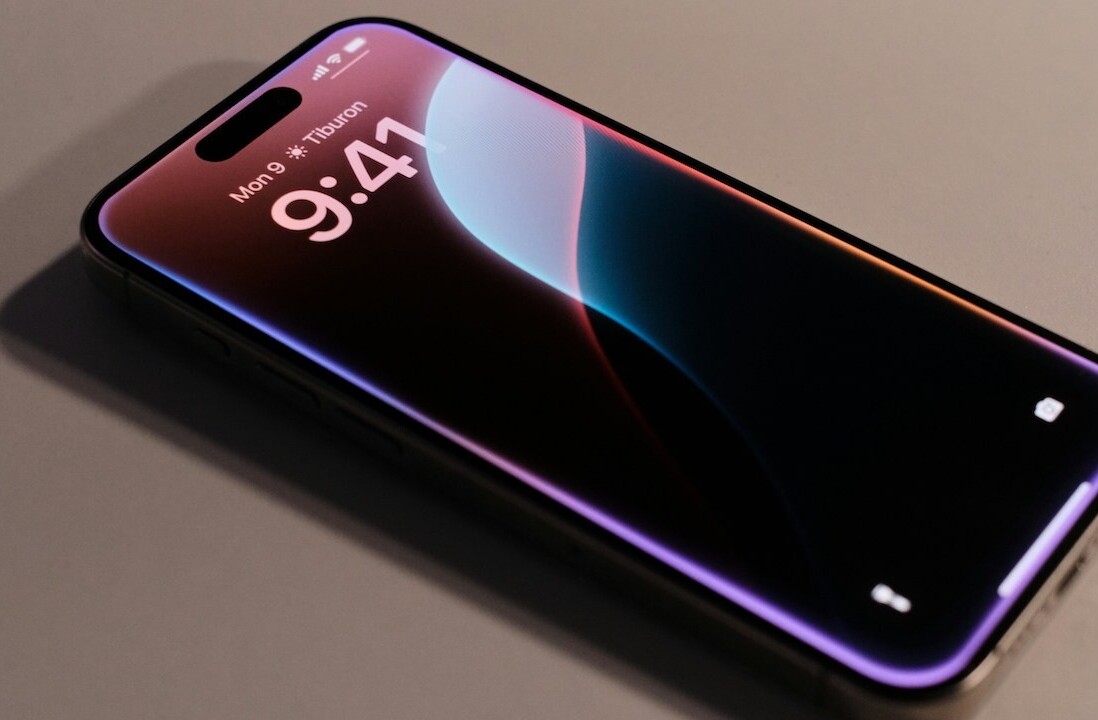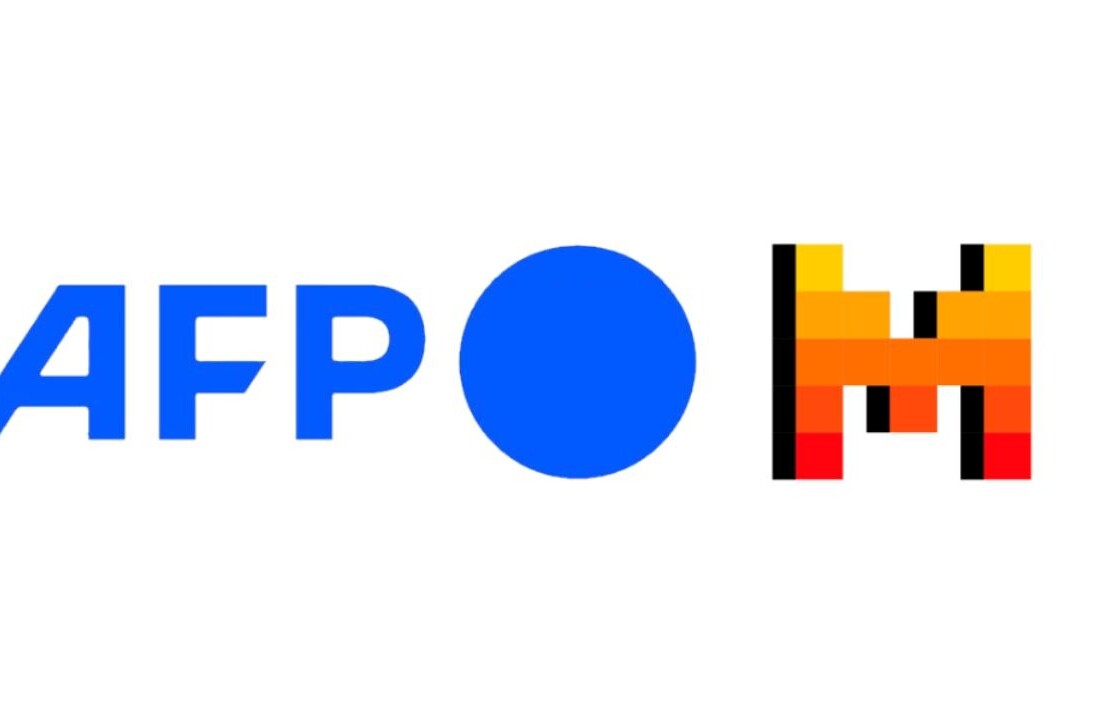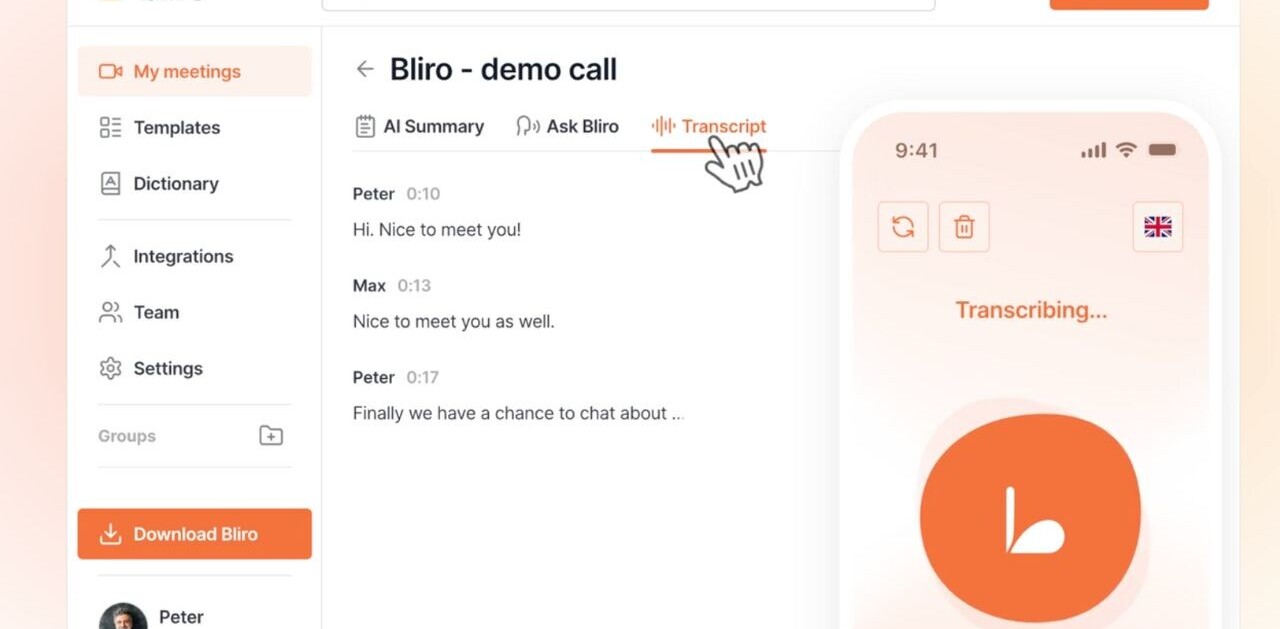Artificial intelligence has been infiltrating every industry and the world of arts and culture is no exception. In other words, AI art is poised to explode.
AI text-to-image generators such as DALL-E or Midjourney have been creating remarkable visual artworks. ChatGPT has taken the world by the storm with its ability to answer questions, write essays, and summarize texts, among other things. AI-generated art is even being displayed at world-renowned museums.
These examples show just how powerful generative AI can be and bid this pressing question: is AI about to replace human artists?
Seth Dobrin, IBM’s first-ever Global Chief AI Officer, has an answer. We caught up with him at TNW Conference 2022 and talked about the potential of computer-created art.
If you’d like to get his predictions in full, check out the video embedded at the top of this article. Alternatively, you can watch it right here.
AI-generated visual art already exists in various forms. There are examples of artists — such as Refik Anadol — who are the actual creators, but use artificial intelligence to augment their artworks. There are also tools like DALL-E which “are getting there,” although it’s difficult to say whether their works are truly indistinguishable from humans’.
Dobrin has a similar view on news articles, noting that financial news is already being automatically generated to an extent. And while he doesn’t believe that AI-generated text is as engaging as a writer’s would be, he explained that GPT-3 and Large Language Models (LLMs) can generate stories that journalists can use as a starting point.
But when it comes to movies and novels, AI has a longer way to go. That’s because “AI needs to truly learn emotion, really be able to simulate it, and invoke empathy — better than it can today,” Dobrin said. He expects five more years for novel creation, and between five to 10 years for movie production.
But what’s Dobrin’s prediction on classical music? And does he believe that AI will merely augment humans in the creative process — or eventually replace them?
Get the TNW newsletter
Get the most important tech news in your inbox each week.





